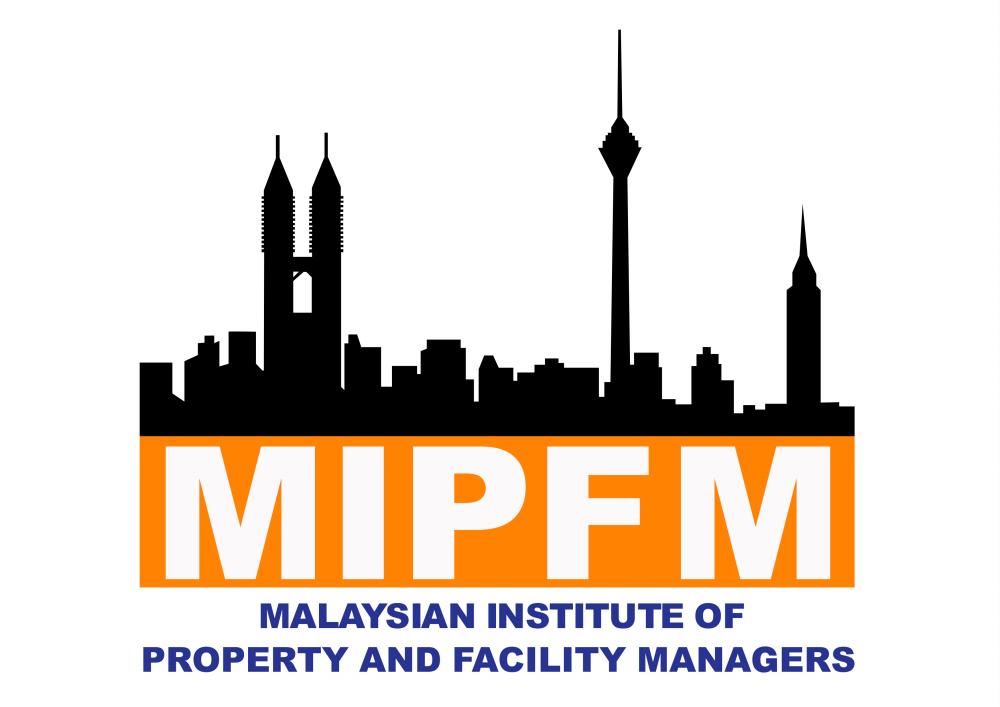PETALING JAYA: With the rise of smart buildings in the country, there is a need for robust cybersecurity measures to oversee the integration of advanced artificial intelligence (AI) technologies, said Kuala Lumpur Mayor Datuk Seri Kamarulzaman Mat Salleh.
He said opportunities for cyber attacks increase as buildings become more connected.
“Robust cybersecurity measures are crucial to protect sensitive data and ensure the smooth operation of these complex systems,” he said in his keynote address read out by his representative, Kuala Lumpur City Hall executive director (project management) Mohamad Hamim at the Malaysian Institute of Property and Facility Managers (MIPFM) Smart Building Conference 2024 here today.
Additionally, he identified other challenges, including integration with technology.
Kamarulzaman said the success of a smart building hinges on integration between different technologies and platforms.
“Data silos have no place in this future. Synchronisation requires all instruments and tools to play in harmony,” he remarked.
However, he said the benefits of smart buildings are undeniable and they promise efficiency.
“Imagine buildings that optimise energy use, predict maintenance needs, and automatically adjust lighting and temperature – all based on real-time data.
“This translates to significant cost savings and a smaller environmental footprint,” said Kamarulzaman.
Moreover, he added, smart buildings offer an enhanced occupant experience.
“Imagine personalised workspaces that adapt to your needs, adjust lighting for optimal focus, and even greet you with a customised temperature setting. Smart buildings can improve comfort, productivity, and overall well-being,” he said.
Furthermore, Kamarulzaman said, smart buildings contribute to sustainability beside they being be instrumental in combating climate change. “By intelligently managing resources, we can significantly reduce energy consumption and our reliance on fossil fuels.”
Meanwhile, MIPFM president Ishak Ismail said there is transformative impact of technology, especially proptech, on the property management market.
He said these advancements have revolutionised the industry by providing digital solutions to meet customer demands and enhance the delivery of quality property and facility management services.
He noted the role of smart building innovation in facilitating these advancements.
“Accordingly, the transformation of urban landscapes into dynamic, responsive ecosystems will improve the quality of life for everyone. Sustainable urban planning, smart infrastructure, digital governance, and citizen engagement are the enablers for the transformation into Smart Cities,” Ishak added.









